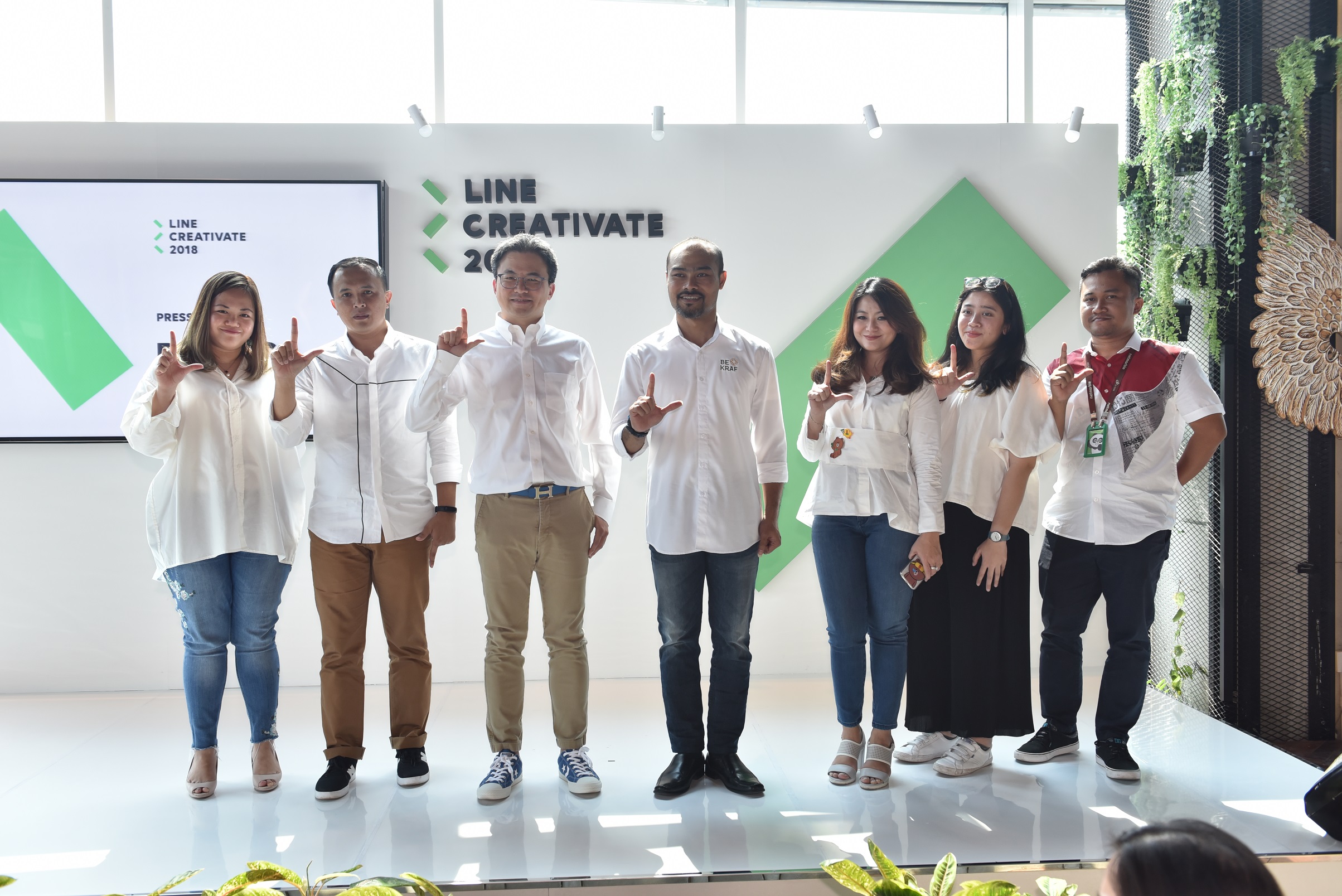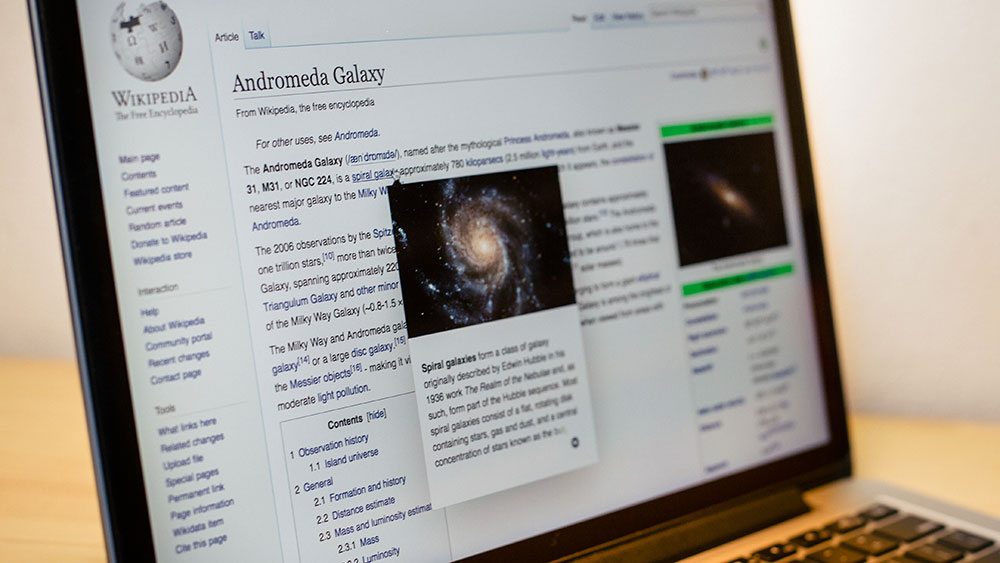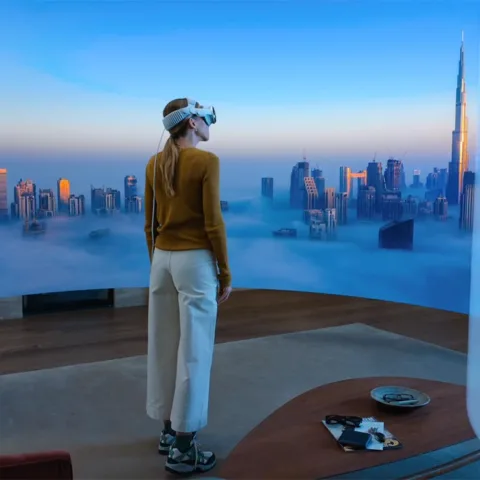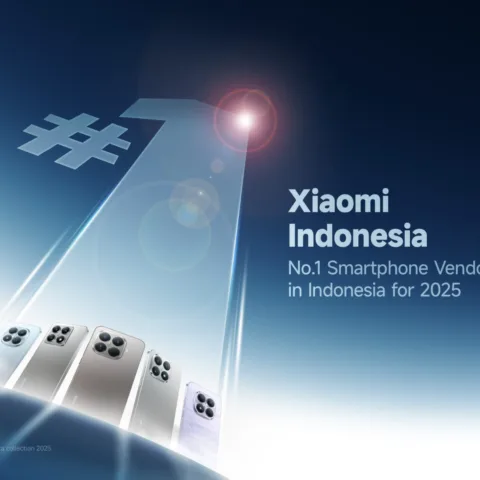Creative Commons Indonesia was officially launched on Sunday following the 2012 Creative Commons Asia Pacific Conference which took place on Saturday in Jakarta. The launch signifies that Indonesia has become one of the 72 countries that recognize and provisions the use of Creative Commons licensing.
By having Creative Commons recognized, Indonesians are now free to apply the CC license to their works or use works covered by CC license and feel secure knowing that the use of the license is protected under Indonesian laws. Creative Commons licensing is an open license model which allows copyright holders to allow the public to use their works from the moment it’s published instead of having to make specific arrangements.
Despite today’s launch, many Indonesians have already taken advantage of CC licensing long before it was officially recognized in the country, with the understanding that CC licensing is already widely used in many other countries around the world.
Creative Commons General Counsel Kat Walsh in her keynote speech said that having it recognized by the government allows many bodies of work to be more widely distributed without too many restrictions.
Walsh also said that when it comes to dealing with copyrights, typically governments would go to what is considered the traditional field of copyright holders, and that is the entertainment industry, specifically movie makers, book publishers, and musicians and they labels.
These days however, copyrighted works come not just form those fields and there are people who prefer to liberate themselves from the traditional idea of copyright. This is where Creative Commons licensing would step in as these works still need to be protected and have their creators or rights holders recognized.
Ari Juliano Gema, Legal Lead for Creative Commons Indonesia, said to DailySocial that one of the biggest challenges right now has to do with how the country recognizes copyright ownership of images of Indonesian buildings.
Indonesian law says that rights of pictures of Indonesian buildings belong to the architects of the buildings if they are known, or the government if they are not known, not the photographers. This has resulted in Wikimedia having to pull images depicting Indonesian buildings if it is not resolved soon.
This means Creative Commons Indonesia must discuss with the Indonesian architects association and find a way to allow the public to create of reproduce images of Indonesian buildings under Creative Commons licensing schemes. It’s more difficult if the rights happen to belong to the government.












